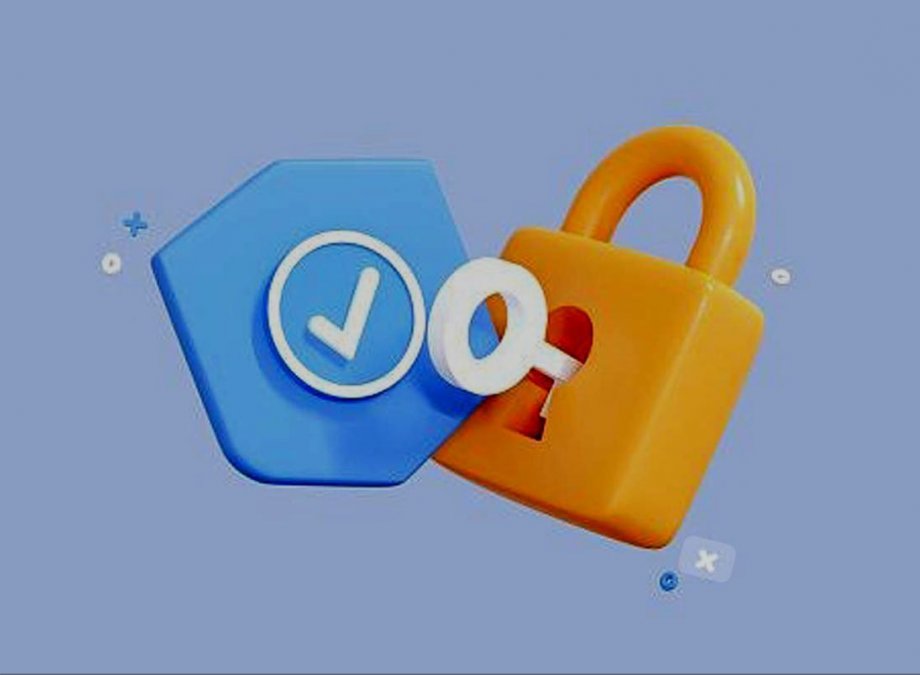Continue using a VPN to access
Continue using a VPN to access
These days, the discussion about the possibility of lifting internet censorship is very heated. The government has given positive promises, and the majority of society is hopeful, eager, and waiting for at least some relief in this area to soothe their frayed nerves and damaged economic situation. Although personally, I doubt that the outcome will be what we expect.
Looking at the small and large reasons that led to the implementation of censorship, I have a foreboding feeling that even if it’s lifted, something will still be amiss. For example, the internet speed may decrease, or the costs may become exorbitant, or there will be some other issue. Of course, I hope my feeling is wrong. Wherever this censorship leads, we must not forget that the logic of censorship in our country is much broader and more fundamental than just the virtual space.
At least there was a VPN, and you could pay a cost and eventually circumvent it with tricks. But our country is filled with filters without VPNs. One of them is the very newspaper in front of you. Most of our publications are forced to be self-censoring to survive and must withhold a large portion of news and events, or if they address it, they must be so cautious that they don’t get into trouble. There is no other choice.
If they don’t exercise caution themselves, their survival and existence will be at risk. There’s no way to bypass the red lines. We haven’t forgotten how, just in the past couple of years, journalists who tried to honestly reflect what was happening in society, which everyone was aware of, were treated. The virtual space is visible and trendy, and its censorship is tangible, but newspapers in our country — precisely because of this censorship and the distance they have taken from accurate and deep reporting — are no longer very popular or public media.
However, these few newspapers that are struggling to maintain a clean and useful connection with the realities of society and world events are fundamentally censored. What reaches the reader is, in most cases, a faint shadow of what it should be, and naturally, its impact is reduced accordingly.
No one even talks about this subtle censorship, and there is no demand for it. In fact, demanding the lifting of this censorship is itself censored. The story doesn’t end here.
Just a few days ago, a friend said he gave his storybook to a reputable publisher. The publisher read and liked it, but said if they give it to the Ministry of Culture, some of its very good stories will be subject to deletion and censorship.
Note that the book has not yet been submitted to the Ministry of Culture for a license, and the publisher themselves raised this issue. Don’t think the stories were vulgar or promoted immorality or were against religious and national values.
Because of a few romantic words and a few different lifestyles from the interests and tastes of the authorities, a good work was prevented from being published, just like that. This is another one of those filters without a VPN.
Circumventing it means resorting to underground publication or publishing with publishers outside of Iran, both of which implicitly mean the destruction and ignoring of the work and the author’s renunciation of any material and intellectual rights. This is the subtle censorship in the cultural field, which we know is not limited to literature and affects other arts as well.
Why do I call it censorship? Because here too, the user-reader loses access to a vast and valuable part of Iranian and world literature. In fact, publishers and bookstores are somewhat like a national internet.
There is no clear and specific logic to find in the rule of this censorship, meaning it’s not even clear what you need to observe to avoid getting caught in this trap.
The criteria are so slippery, subjective, and seasonal that a publisher prefers not to get involved in these matters at all and preemptively rejects the book to avoid its consequences.
Even what is available in the market, especially in the field of translation, is full of omissions, changes, and distortions.
Now there’s no choice but to be patient and see what the respected government will do with the censorship of the virtual space.
Afterwards, perhaps there will be the strength and motivation to remind them that they should also think about the other filters. In principle, lifting censorship is a good thing, especially when one is seeking consensus.

